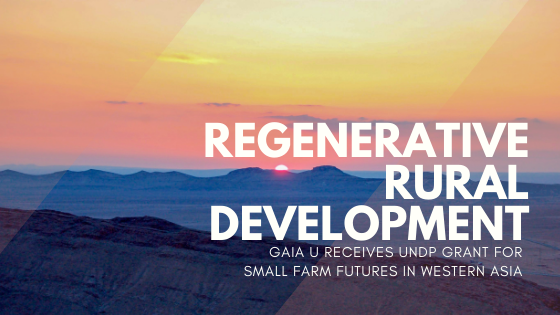
Through the unbridled efforts of Permaculture Designer and Gaia U Graduate, Nadia Attar; Gaia U has been awarded a United Nations Development Programme (UNDP) Rural Development contract to train up to 100 field advisors and extension agents in Regenerative Agriculture. A primary goal is to inspire peasant farmers to shift their smallholding practices to bring about a Small Farm Future in a disrupted and hungry Western Asian region.
This humanitarian project is supported by both the UNDP and the Organic Agriculture Farming Division of the local Ministry of Agriculture. The Gaia U team, led by co-founders Andrew Langford and Liora Adler, have been meeting online with Facilitators and Trainees for 5 hour weekly workshops since January, 2021. Taking into account the potential for a 3 year project, the participants are actively visioning how to delve even more deeply into both the content and the application of the learning.
So, what is Taqasim? Following the un/learning approach of Gaia U (now in its 15th year!), this grant design breaks with conventional approaches by eschewing planning, and focusing instead on emergence as a key characteristic of the training design. Taqasim is a regional form of improvised Arabic music with a focus on spontaneity and emergence, so the teams meet weekly to evaluate the next steps in the dance after feedback from the local Facilitators and Trainees.
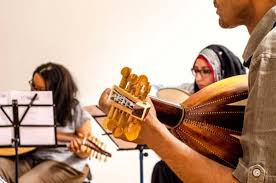
“It’s somewhat intense” says Andrew who rises at 4 AM each Tuesday to meet the time zone challenges. “Still, this is the most flexible way we can imagine to meet the emerging needs of the trainees as we gather examples and innovations in small-scale, labor intensive regenerative farming from world-wide sources.”
Andrew continues, “Small-scale farmers have been suffering as they try to keep up with the economic challenges of a country in conflict, as well as fend-off the incursions of agro-chemical interests who seek to convince farmers that a regenerative approach is not viable. Our job is to inspire confidence amongst the advisors and extension agents and provide them with case-studies showing just what micro-farming, based on bio-intensive methods and water retention landscapes, can do. In turn our trainees will guide their farmer clients in this direction.”
At this point organic agriculture makes up only 2% of all farming in the country; and Regenerative Agriculture, less than 1 % of organic. Through this project, Dr. M Mazen, head of the Organic Farming Division, is seeking to open the critical extension services to less conventional external innovations (such as permaculture, ecosystem restoration camps, indigenous knowledge). From the UNDP side, Nadia Attar, Program Associate of the Rural Development Division of the in-country UNDP, visions establishing a combined Ecosystem Restoration Camp and Permaculture Network for the development of appropriate consultancy and design services.
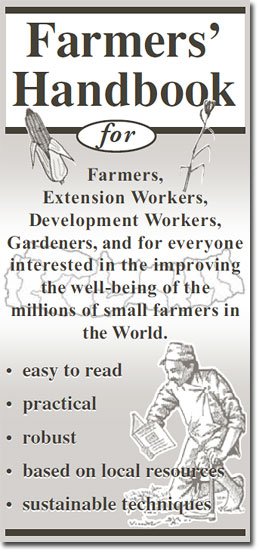
These developments will lay the foundation for a diversified and innovative extension network that can provide skilled micro-farmers with additional earning opportunities as they cascade the trainings to colleagues. A decentralised farm school function already exists and is ready to add experiments and novel approaches to the curriculum.
Meanwhile a Farmer’s Handbook in Arabic is envisioned, modeled on the famed Farmer’s Handbook originated in Nepal. Permaculture designers and Rural Development specialists have been generously supplying access to information, videos and photos to support this effort. A great example of generous collaboration!
Of course, everything needs translation and the Gaia U team has been blessed with the agile services of Lamis Jamal, living in the United Arab Emirates. She not only translates all those multiple mind maps for which Andrew is famous, but attends (and often translates) the trainings and meetings to be sure we catch all the subtleties involved in working in another language and culture. Jorge Espinosa, Gaia U Graduate and Permaculture Designer works with Thomas Hodgman, a recent Gaia U student associate who is a great researcher. And keeping Gaia U going during all these activities is Siobhan Vida Ashmole of South Africa, Outreach and Admissions Coordinator. Nothing like working in a positive, competent and attentive team. Yes!
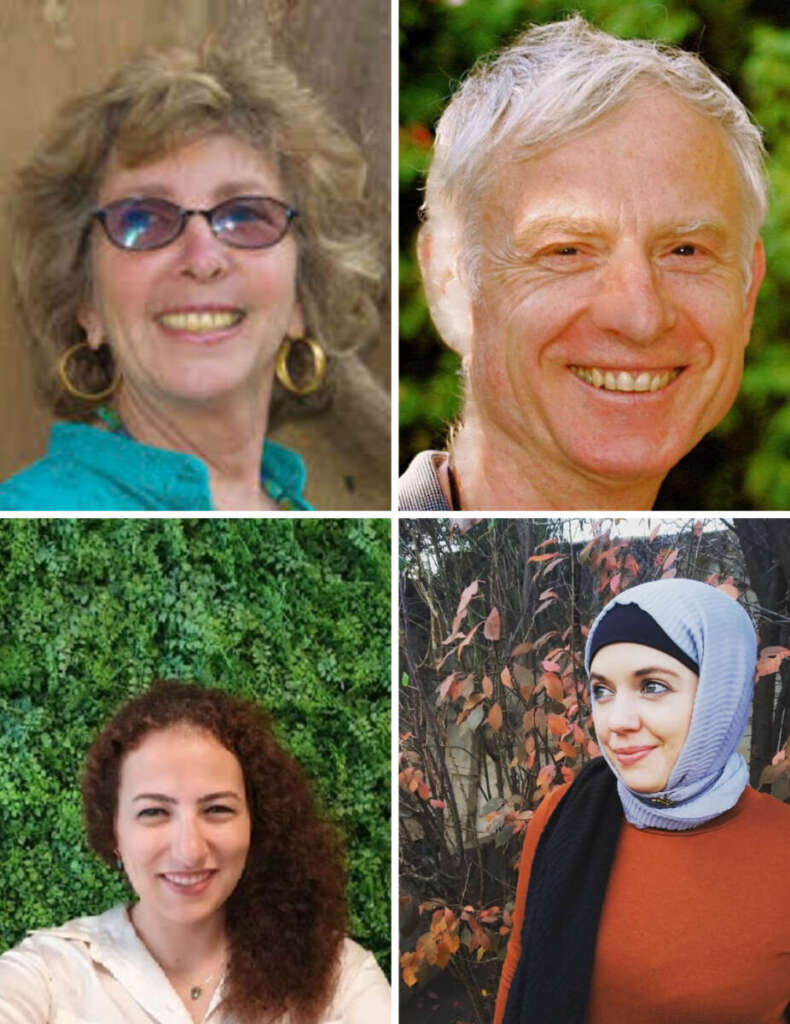
The trainings make use of the case-study method which cross pollinate the work and visions of the international team, local leadership and their specialists. At this stage case-studies from micro-farms in-country are beginning to arise and so the farm design work begins. In this way, theory and practice from around the world is tested against real-life, in-context application. This is a classic Gaia U approach with wide opportunity to improvise. The Action Learning Spiral and Taqasim converge!
So far there is strong agreement from all concerned that the approach has been both innovative, relevant and interesting!
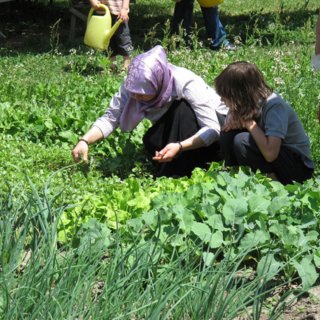
Liora speculates, “Our first job is to see how much impact we can have on the peasant agriculture of this country.The conditions are tough. If we can make this biointensive + food forest + water retention landscape approach work here, then once we evaluate it, we can see how this approach might work on a more global scale. Where else could a program like this be effective? How could we make use of Gaia U resources, knowledge, and experience to positively influence other countries?”
“There is another piece that is also critically important. Andrew and I are living in Mexico in Huehucoyotl eco-village of which I am one of the cofounders (39 years ago!). This area also has lots of challenges, especially during the dry season of the year. So the experiments we are proposing for the project, to do with soil regeneration, increased fertility along with urine separation, various forms of composting including Johnson-Su fungal dominant compost, biochar and wood-vinegar, closed-loop treatment of on-farm ‘waste’ streams and many more are also applicable for this area in Mexico. In permaculture we call this stacking functions. As we develop these techniques and share them with the W. Asian country, we are also looking to see how these techniques could be helpful in our local region in Mexico and beyond.”
Andrew adds, “Once we evaluate Phase 1 of the training in W. Asia, we will design Phase 2 (always with emergence- taqasim- in mind). We are imagining our approach as a potential template for other countries needing a similar small-farm, regenerative agriculture approach leading to healthy productive soils, increased food and water security as well as powerful ecosystem restoration”.
Stay tuned for more to come!

Thanks for sharing this info. it’s really nice.
A great step has been taken by United Nations Development Programme (UNDP) Rural Development contract. I appreciate this.